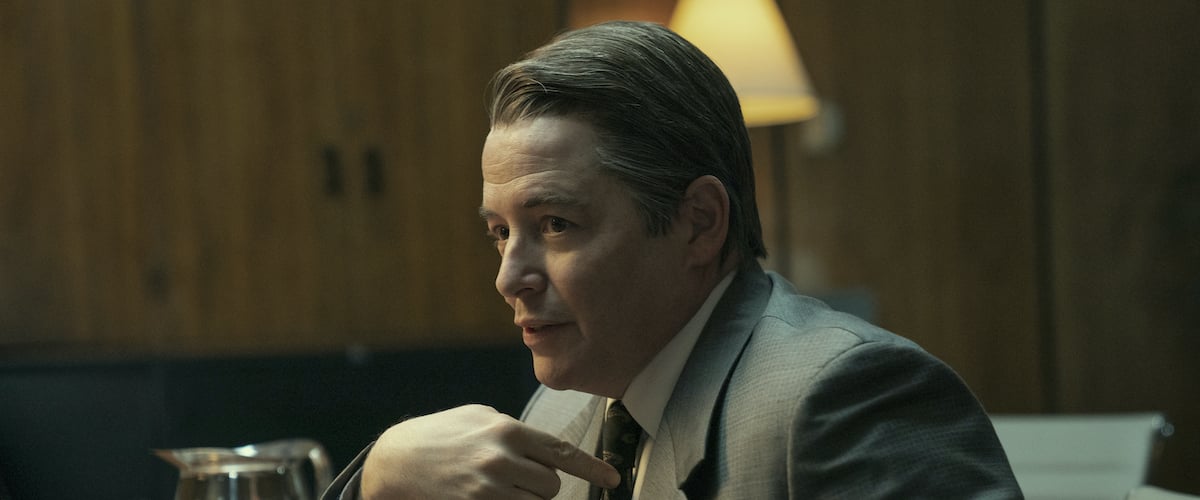Painkiller is a dramatized account of the opioid crisis that details how Purdue Pharmaceuticals manufactured and marketed the highly addictive pain medication OxyContin. Before each episode, the family member of an opioid victim recounts how the drug scarred their lives. Although the intentions seem righteous, the execution begs to differ. The drama leans heavily into crime thriller tropes, overproducing the events to a sensational degree with flat, cookie-cutter characters making it unwatchable at times.
Two episodes in, the theatrics in the production choices feel dismissive of the severity of the opioid crisis, prioritizing eccentricities and a shallow textbook overview.
Synopsis
The causes and consequences of America's opioid epidemic unfold in this drama following its perpetrators, victims and an investigator seeking the truth.
Storyline
Painkillers is a fictionalized retelling of the origins and aftermath of the opioid crisis in America, highlighting the stories of the perpetrators, victims, and truth-seekers whose lives are forever altered by the invention of OxyContin.
TLDR
Uzo Aduba can do no wrong but the showrunners surely wronged her.
What stands out
It is undeniable that Uzo Aduba, who plays a federal investigator with a personal tie to the crisis, is a fantastic actress. With what little she’s given, she still nails her performance. Matthew Broderick? Not so much. But acting is the least of the show’s problems. It suffers from weird hallucination sequences, exaggerated portrayals of trial patients in pain, and the not-so-clever choice of having Aduba’s character narrate the show. The creators claim the series is based on the New Yorker article "The Family That Built an Empire of Pain" and the book Pain Killer: An Empire of Deceit and the Origin of America’s Opioid Epidemic by Barry Meier. Unfortunately, the series doesn’t feel too informed but rather retold through word of mouth.




What stands out about your review, beyond its misnaming of the series title in your first sentence, is that you seem oblivious to the use of satire as a way to explore humanity’s darkest aspects. Whether it be Charlie Chaplin’s “The Great Dictator” or Michael Radford’s film adaptation of Orwell’s “1984,” or another standout anti-war satire, “Catch-22,” the director invites us to examine the mephistophelian Sackler dynasty through the an exaggerated, darkly comic representation of evil and its doers that breaks the tiresome American movie portrayal of that subject with cardboard characters, labored virtue signaling, and time-worn set pieces.
I understand you are out of your depth here, and I sympathize, but nevertheless I offer this more positive interpretation of the series to your readers as sort of an antidote to your obtuse analysis.